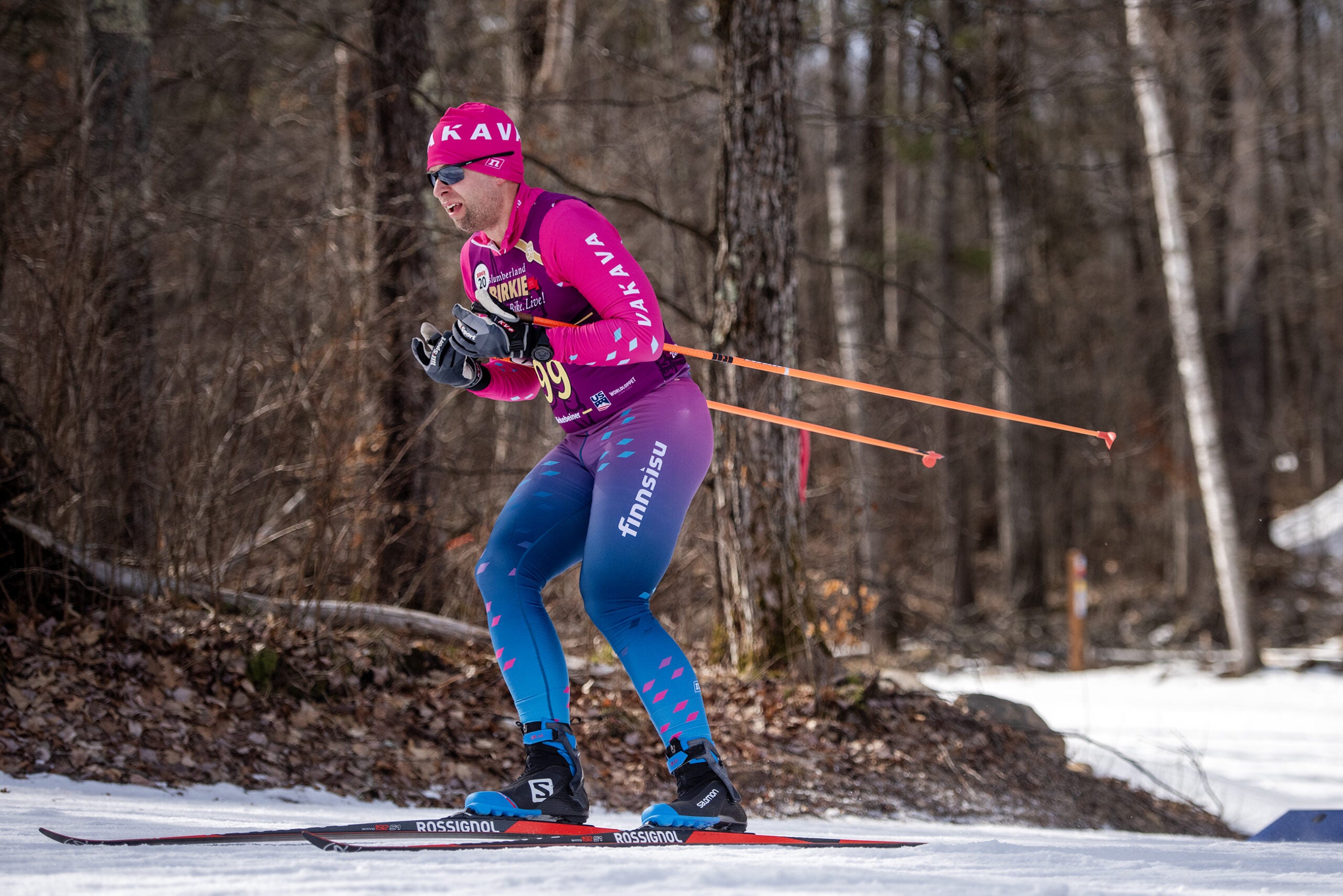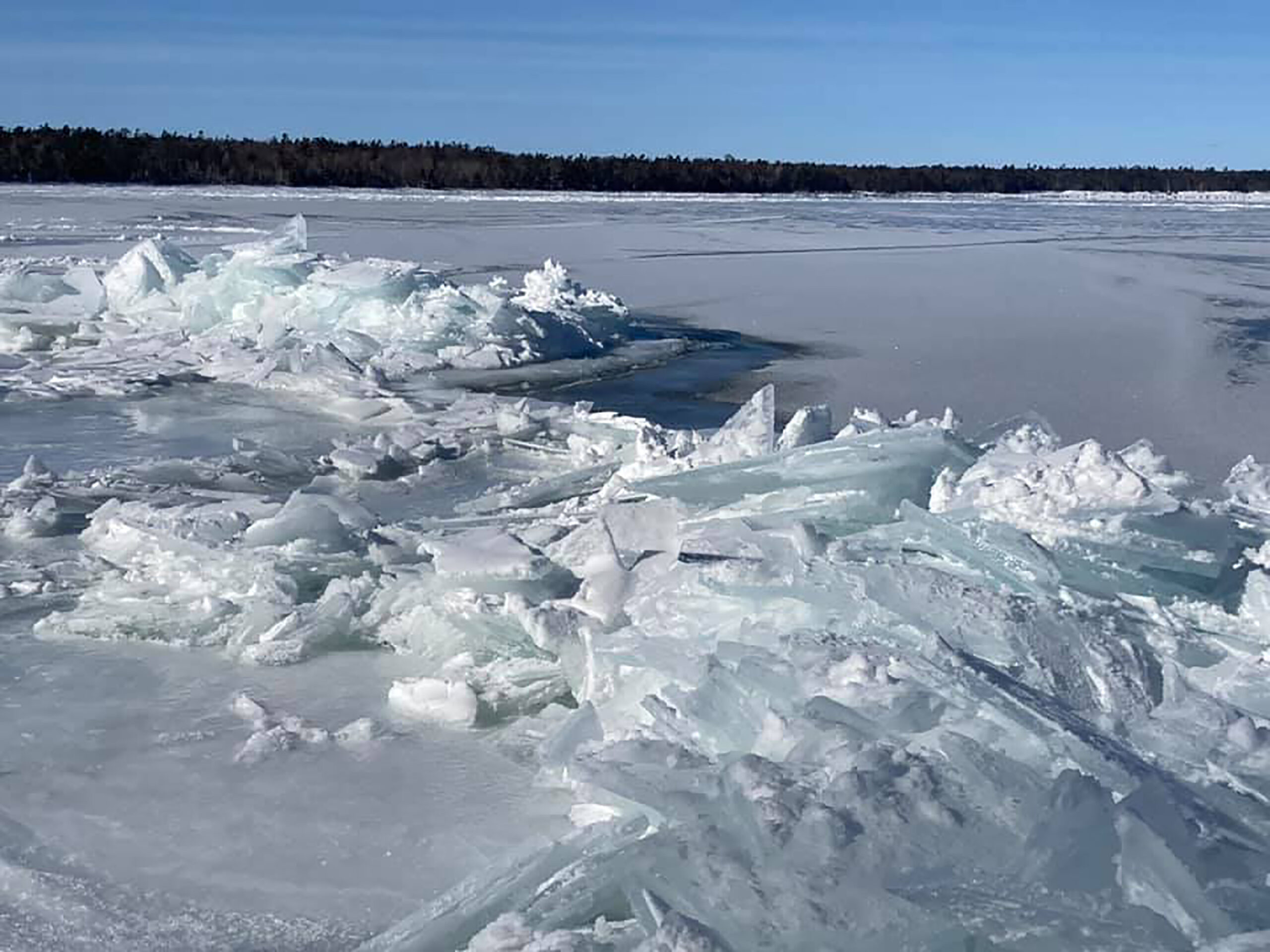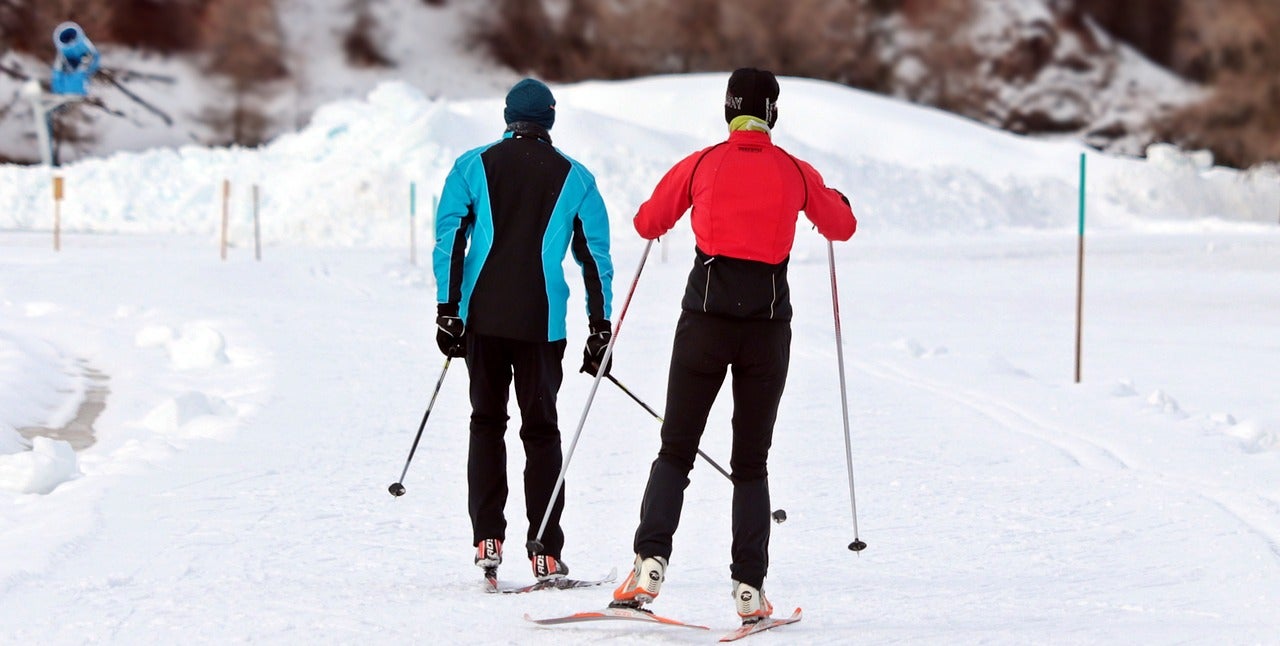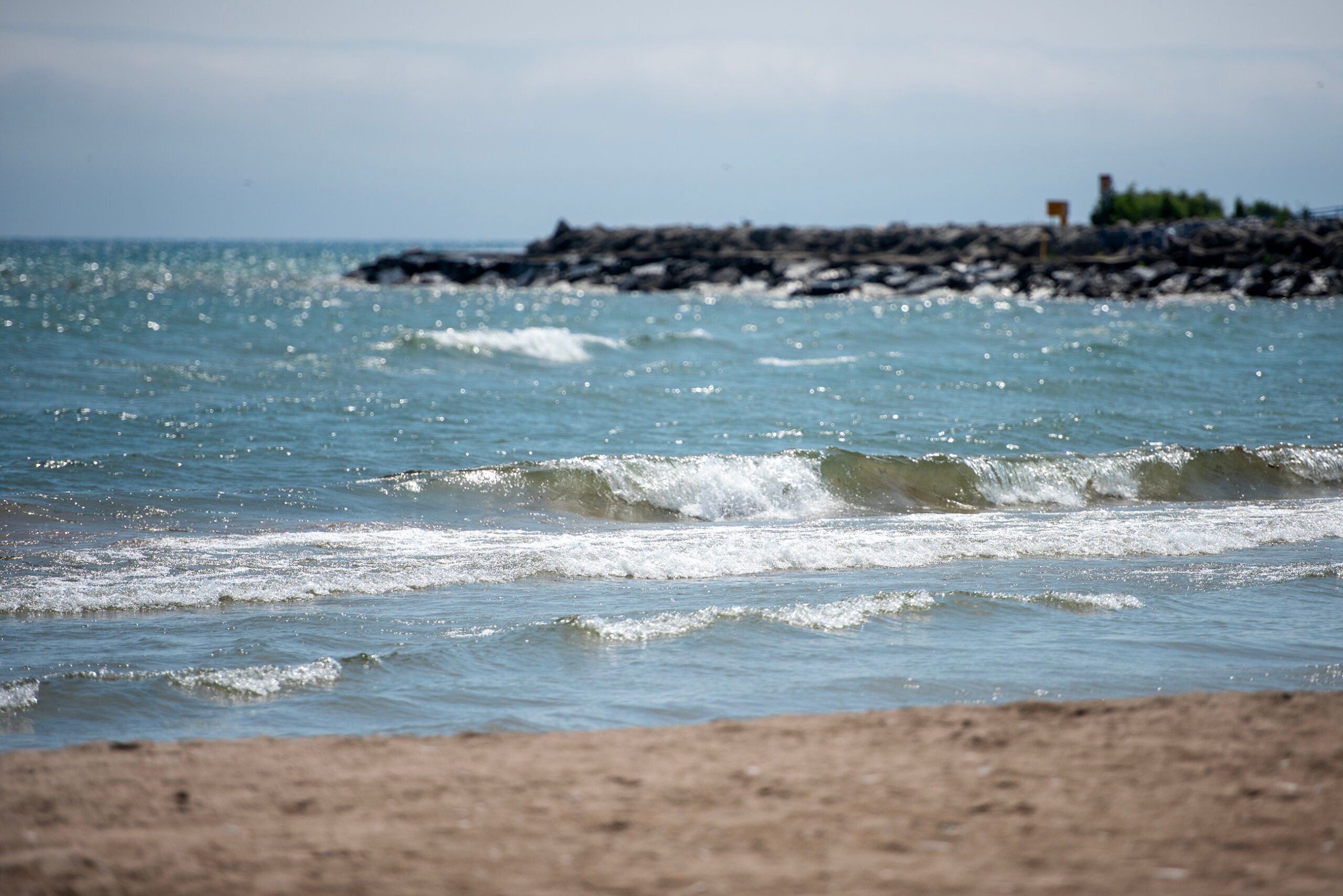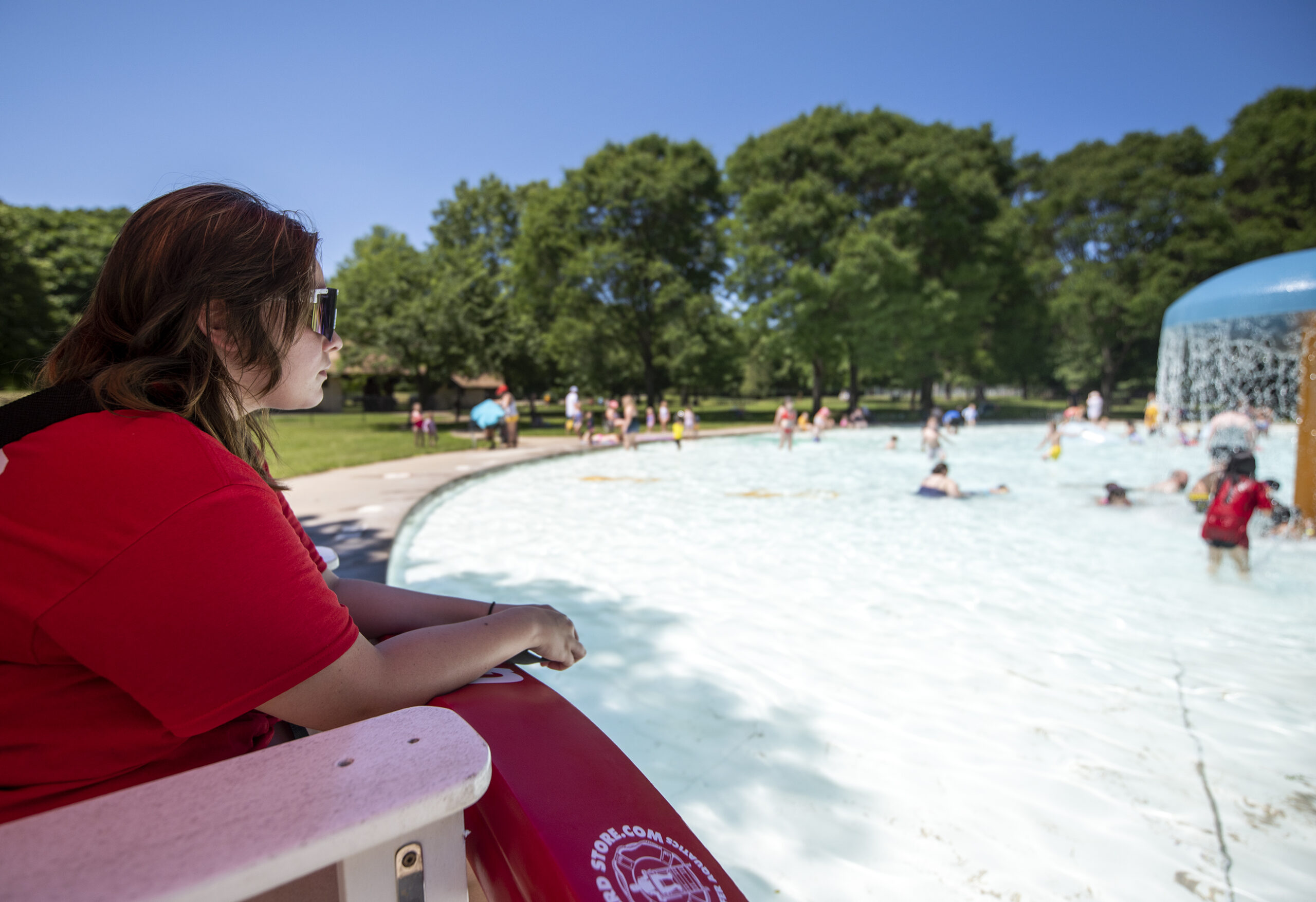This winter is officially the warmest on record in Wisconsin in 130 years.
The statewide average temperature was nearly 10 degrees above normal at 28.3 degrees Fahrenheit from December through February. That compares to average temperatures seen in the previous three decades.
Steve Vavrus, director of the Wisconsin State Climatology Office, said this winter was a “whopping” 2 degrees warmer than the previous record of 26.1 degrees set back in the winter of 2001-2002. He noted previous records were closer in the rankings.
News with a little more humanity
WPR’s “Wisconsin Today” newsletter keeps you connected to the state you love without feeling overwhelmed. No paywall. No agenda. No corporate filter.
“But this one was head and shoulders above the other warmest winters on record,” Vavrus said.
February also marked the state’s warmest month on record with an average temperature of 31.8 degrees — more than 15 degrees above normal for the past century.
Vavrus noted two out of the three winter months were the warmest on record: December and February.
Climate scientists said the warm winter is largely driven by El Niño, which depends on the warming of surface waters in the Pacific Ocean. During the climatic shift, trade winds shift southward and areas of the northern United States become drier and warmer than normal.
“But I don’t think anyone anticipated it would be this much warmer than normal,” Vavrus said.” This was a record-breaker by far, and probably it’s the combination of a strong El Niño and long-term climate change because our winters are getting warmer.”
Winter has warmed twice as fast as other seasons, according to a 2021 report from the Wisconsin Initiative on Climate Change Impacts.
In southern Wisconsin, Milwaukee saw an average high temperature of 34.7 degrees Fahrenheit from December through February, according to Andrew Quigley, meteorologist for the National Weather Service in the Milwaukee/Sullivan Office. That’s almost 8 degrees higher than normal for the winter, and the city’s warmest winter on record.
In February, the city also had an average high of 45.6 degrees Fahrenheit — more than 11 degrees higher than normal.
“You can call it an historic winter in the city of Milwaukee just given how mild it was,” Quigley said.
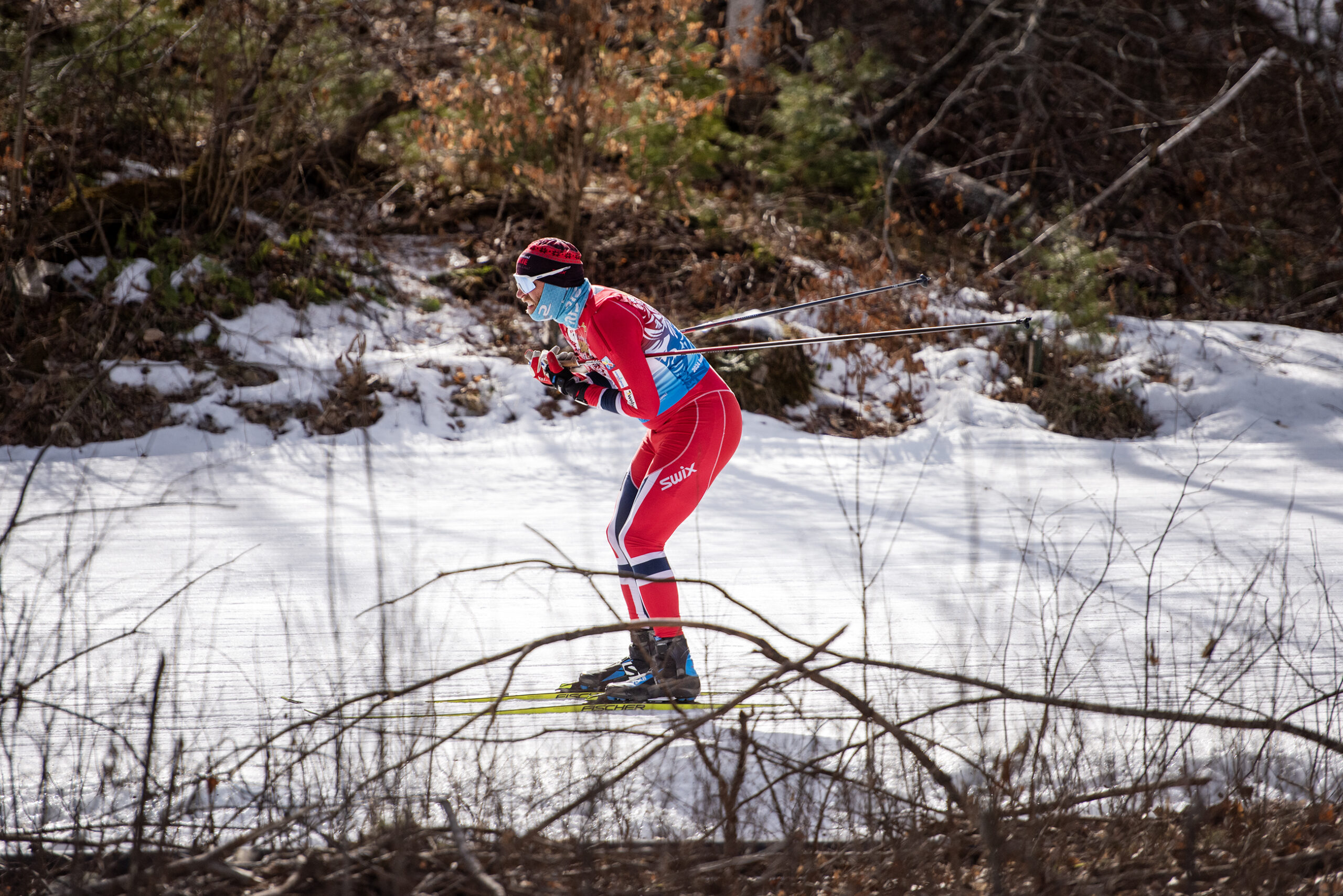
Climate scientists say winter in northern Wisconsin has been warming more than the southern portion of the state. This winter, the region has seen less than half its normal snowfall.
Cory Rothstein, a National Weather Service meteorologist in Duluth, said northwestern Wisconsin has seen between five and 30 inches of snow from December through February. Snow totals range between 20 to 60 inches below normal. That’s affected the winter tourism industry that relies on spending from visitors who come to ride snowmobiles, ski and ice fish.
In Superior, 76-year-old Ruby Swanson said she’s concerned because there wasn’t much rain last summer.
“And we haven’t had snow,” Swanson said. “My concern is for the farmers and the water table.”
Vavrus said soils around the state are extremely dry with drought conditions persisting into the growing season. He added that plants are developing weeks earlier than normal. If a cold snap happens yet this spring, that could damage crops grown by the state’s fruit growing industry.
Jeff Ochs, who lives in Superior, said he likes the cold weather. Despite that, he’s enjoyed working on his sailboat. Even so, he said the warmer weather is going to “mess up” the environment, fish and wildlife.
“If you’re a climate change denier, then you’ve got some problems,” Ochs said. “If you start looking around the world, with all the flooding that’s going on, hurricanes it just, it’s getting worse and worse.”
Even so, Superior resident Tracy Dimmick said she’s enjoyed going on walks with her daughter to drop her grandaughter off at day care. She’s also worried less about her kids driving during the winter months without the icy roads, and she’s only used her snowblower once this season.
“I would never want to live anywhere else with winters like this,” Dimmick said.
Wisconsin Public Radio, © Copyright 2026, Board of Regents of the University of Wisconsin System and Wisconsin Educational Communications Board.

